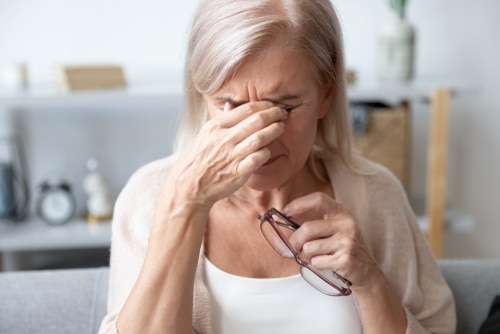
Dry Eye Syndrome is a common eye condition that affects millions of people worldwide. It is caused by a deficiency or dysfunction of the tears that lubricate the eyes, resulting in discomfort, redness, and vision problems.
One of the most confusing symptoms of dry eye syndrome is watering eyes, which may seem counterintuitive for a condition that is characterized by dryness. Keep reading to learn more about the relationship between dry eye syndrome and watering eyes, including the causes, symptoms, and treatment options available!
What is Dry Eye Syndrome?
Dry eye syndrome, sometimes abbreviated to DES, is an eye condition where the eyes do not produce enough tears or produce poor-quality tears, resulting in discomfort, irritation, and vision problems. Tears are essential for maintaining the health of the eyes, and when they are deficient, the surface of the eye can become dry and inflamed.
Dry eye syndrome can cause you to experience various symptoms, including redness, burning, itching, blurry vision, and even increased tearing. Dry eye syndrome is a common condition that can affect people of all ages, but it is more prevalent in older adults, women, and individuals with certain medical conditions.
Why is Increased Tearing a Symptom of Dry Eye Syndrome?
Believe it or not, increased tearing is a common symptom of dry eye syndrome, which may seem counterintuitive. This is because dry eye syndrome causes the eyes to become dry and inflamed, which triggers the production of excess tears as a protective or reactive response.
These tears are different from the normal tears that lubricate the eyes, and they tend to be watery and lacking in the essential components that protect and nourish the eye’s surface. When the eye’s surface is dry or irritated, the brain signals to produce more tears to wash away the irritants and provide temporary relief.
However, if the tears produced are of poor quality, they can further exacerbate the problem and lead to more discomfort and irritation. This reflex tearing is often only a temporary solution to the underlying problem and does not provide long-term relief.
It’s important to note that increased tearing is not always a symptom of dry eye syndrome and can also be caused by other factors such as allergies, infection, or a foreign object in the eye. Therefore, it’s essential to consult an eye doctor if you experience watering eyes or any other symptoms of dry eye syndrome to determine the underlying cause and receive proper treatment.
How is Dry Eye Syndrome Diagnosed?
Your eye doctor at Colorado Eye Consultants can diagnose you with dry eye syndrome during a comprehensive eye exam. During the exam, the doctor will evaluate the quantity and quality of your tears, the health of your cornea and conjunctiva, which are located on the surface of your eye, and your overall eye health.
They may also ask about your medical history and any medications you take, as some conditions and medications can contribute to dry eye syndrome. Additional tests, such as a tear breakup time test or a Schirmer’s test, which helps your eye doctor determine how many tears your eyes are producing, may also be performed to assess tear production and quality.
Once the diagnosis is confirmed, your eye doctor at Colorado Eye Consultants in Littleton, Colorado, will work with you to determine the underlying cause of your dry eye syndrome, develop a treatment plan tailored to your needs, and help reduce or eliminate your symptoms.
How is Dry Eye Syndrome Treated?
Dry eye syndrome can be treated through various approaches, including artificial tears, prescription eye drops, and lifestyle modifications. Over-the-counter eye drops can provide temporary relief, while prescription eye drops may target inflammation and address underlying issues.
Lifestyle changes like taking breaks from digital devices, using a humidifier, and avoiding exposure to smoke can also alleviate symptoms. In severe cases, your eye doctor at Colorado Eye Consultants may recommend further in-office treatment.
Are you experiencing increased tearing or other symptoms of dry eye syndrome? Schedule an appointment at Colorado Eye Consultants in Littleton, CO, today!

